President Lazarus Chakwera’s failure to promptly accept Minister Agnes Makonda Nyalonje’s resignation is just one in a string of glaring examples of indecision and lethargy that have come to define his presidency. For five months, Chakwera sat on a straightforward matter, finally accepting her resignation in December after it was submitted in July. This delay is symptomatic of a leadership style that prioritizes procrastination over progress, leaving Malawi adrift in a sea of unaddressed crises.

Nyalonje’s resignation should have been a clear opportunity for Chakwera to act decisively and restructure his Cabinet. Instead, he allowed the issue to linger, offering no clear explanation for the delay. His eventual acceptance, framed as “kindly,” is a stark reminder of how out of touch his administration has become with the urgency of Malawi’s challenges. What Malawi needs is a leader who takes charge with conviction, not one who dithers while the country sinks deeper into crisis.
This incident is not an outlier—it is emblematic of a broader failure to act decisively in the face of glaring problems. Perhaps the most egregious example of this inertia lies in Chakwera’s continued tolerance of Secretary to the President and Cabinet (SPC) Colleen Zamba, despite her numerous leadership failures. Under Zamba’s watch, the nation has been plunged into a worsening fuel crisis, an embarrassing failure to procure fertilizer for the Affordable Inputs Program, and a series of corruption allegations that have further eroded public trust in the government.
The fuel crisis has crippled businesses, stalled transportation, and frustrated citizens, while the fertilizer debacle has jeopardized the livelihoods of millions of farmers. These failures are not mere oversights—they are systemic and avoidable problems that demand accountability. Yet, instead of taking swift action to address Zamba’s shortcomings, Chakwera has remained passive, seemingly unwilling or unable to make the tough calls necessary to restore confidence in his leadership.
The consequences of this inertia are devastating. Cabinet reshuffles are overdue, critical reforms remain paralyzed, and corruption continues to thrive under a government that appears more focused on maintaining appearances than addressing substantive issues. Delay in governance is not neutral—it is corrosive, and Malawi is feeling the effects of Chakwera’s inaction at every level of society.
Chakwera’s hallmark response to crises—inaction and delay—sends a troubling message to Malawians: that their concerns, frustrations, and struggles are secondary to his unwillingness to confront challenges head-on. From the economic downturn to the fragmentation of the Tonse Alliance, Chakwera’s presidency has become synonymous with missed opportunities and squandered goodwill.
Malawi deserves a leader who understands the gravity of the nation’s challenges and acts with urgency and decisiveness. It deserves a leader who prioritizes solutions over excuses and action over optics. If Chakwera cannot rise to meet these expectations, then perhaps it is time for him to consider the most decisive act of his presidency—stepping aside for someone who can lead with the clarity and resolve Malawi so desperately needs.


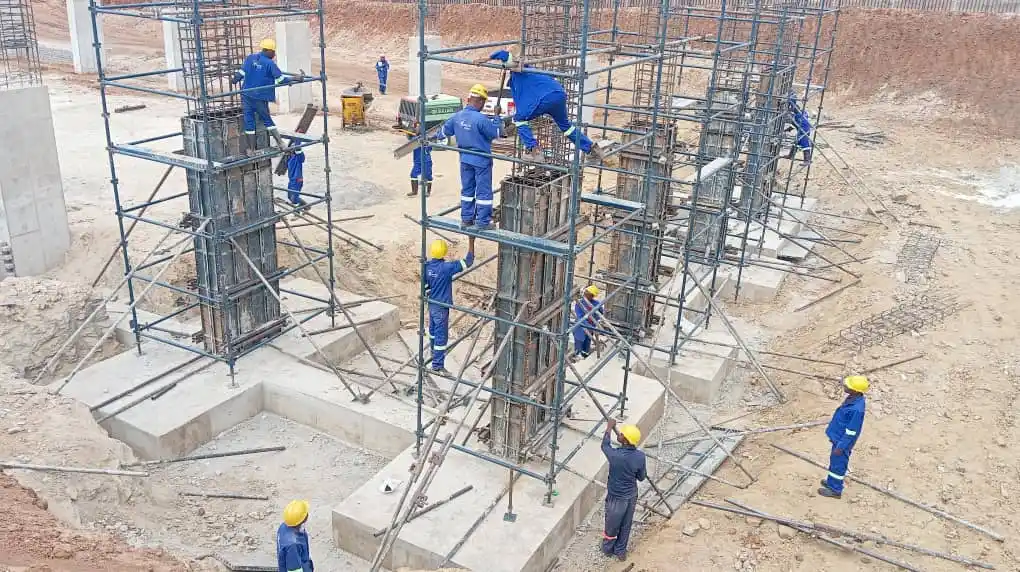
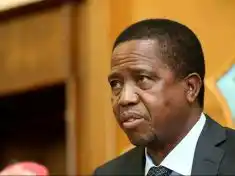
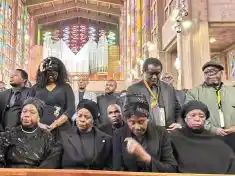
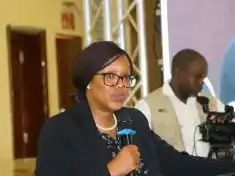
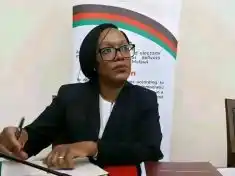

0 Comments